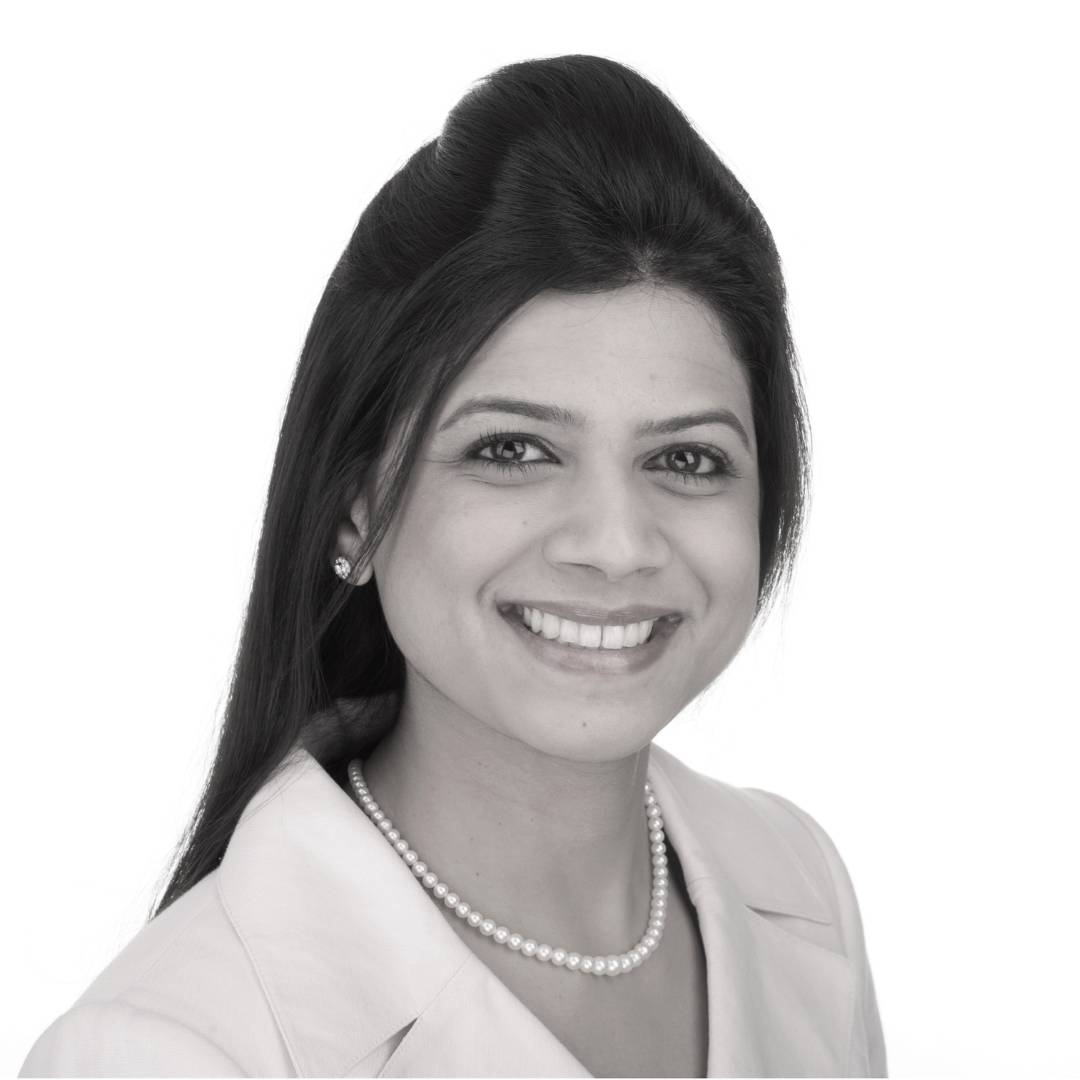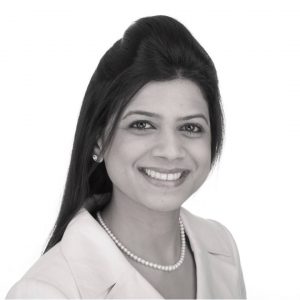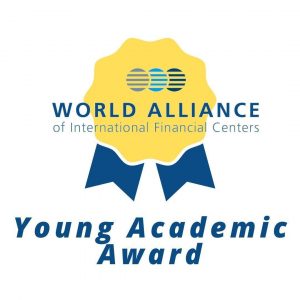


One-on-one: Akshu Campbell-Holt, Head of member relations, WAIFC
by FinanceMalta
14th December 2022



Photo – Akshu Campbell-Holt, Head of member relations, WAIFC
WAIFC facilitates cooperation between financial centres, the exchange of best practices, and communication with the general public. WAIFC provides its members an international platform to collectively address the global issues we face.
Having been established in 2018, WAIFC has seen its membership grow to currently 21 financial centres globally. In my new role, I will act as a focal point for all members in order to support the further growth and development of the WAIFC through closer collaboration between members to create synergies and to enhance collective value internationally across the membership.
With 21 members across five continents, WAIFC provides a truly international platform to its members. This diversity has strengthened the potential for members to work together, both bilaterally and multilaterally, to exchange best practices therefore enabling financial centres to stay at the forefront of new industry developments. The result of a wider member representation is that members also gain different perspectives from different geographical regions, which is reflected through enhanced quality of outcomes and inclusivity across projects and workstreams. With seven observers in addition to the 21 members, WAIFC represents 28 financial centres across five continents.
WAIFC creates a platform where members can interact and share experiences on topical issues to enable the role of financial centres in facilitating sustainable socio-economic growth. The projects and workstreams of the WAIFC are identified within this context, including the Future of Financial Centres, Sustainable Finance, SME Financing, Inclusive Finance and Innovation and FinTech. The WAIFC Board recently approved a new project on Supply Chain Finance which will focus on green transformation and investment enhancement across the entire value chain in light of the various forces impacting supply chains – including the geopolitics, carbon neutrality targets and demographics in a post-pandemic world.
Projects provide a space for members to delve deeper into some of the key topics and to learn from each other on addressing common challenges. We have seen these activities promoting best practices and informed policy recommendations, and further advancing innovation. Additionally, during the COVID-19 pandemic, when the world was faced with unprecedented challenges, WAIFC promoted international cooperation and facilitated joint international working groups. This considered the global financial centres’ critical role in economic recovery through sustainable finance, regulation and innovation. Given that SMEs were among the worst hit during the pandemic, there was also a dedicated workstream to consider supporting SMEs with sustained post-pandemic economic recovery.
Under the auspices of its projects, WAIFC empowers open dialogue by organising regular debates and roundtable discussions on topics that underpin the role of financial centres to support sustainable socio-economic growth and inclusivity.
Today, the world is faced with extraordinary challenges such as the global supply disruption, ever more frequent extreme weather events caused by climate change, food insecurity, soaring commodity prices and an inflation rate at one of its highest levels globally. The financial sector plays a critical role to tackle some of these global threats. While the financial sector continues to undergo rapid evolution to support the longer-term transition towards sustainability, there is an urgent need for research-backed innovative solutions. It is within this context that WAIFC has undertaken to incentivise research that will not only foster novel and innovative ideas but also challenge conventional practices.
The inaugural Young Academic Award (YAA) this year received submissions from a diverse group of young academics internationally who offered innovative and novel ideas on how the adoption of inclusive and sustainable finance can lead to economic recovery, growth and inclusivity. A mixed jury of WAIFC leaders and professors from WAIFC member countries reviewed the submissions and selected the four winners. The winners were invited to the Annual General Meeting of the WAIFC which took place in Casablanca in October this year to present and discuss their papers. This was a highly interactive session with thought provoking discussions among the winners, WAIFC members and observers, and other international financial executives.
WAIFC will organise the YAA annually and submissions for this award next year will be open from February 2023. We strongly encourage and look forward to receiving submissions from young academics from Malta.

Photo – WAIFC Young Academic Awards
WAIFC and its members were very pleased to welcome FinanceMalta as one of the newest members in October 2022. WAIFC members share a strong consensus that innovation, sustainability and inclusivity should be at the core of future financial centres. Following discussions with the executive team of FinanceMalta, I understand this also underpins FinanceMalta and its members’ agenda.
Malta has an impressive track record for its distributed ledger technologies (DLT) framework which was introduced in 2018. Malta has been spearheading this initiative through cooperation and sharing best practices with several countries in Europe. WAIFC members will greatly benefit from Malta’s experience in the area of DLT and fintech which will help in further capacity building and to maximise the potential of such tech-enabled solutions internationally. Additionally, with sustainability and green finance being significantly important in Malta, WAIFC greatly welcomes FinanceMalta and its members’ active contribution and unique experience in this area to further advance the collective work of the WAIFC.
I have had the pleasure of knowing the executive team of FinanceMalta and have very much appreciated the open discussions on these and other topical issues. I believe that the WAIFC and its membership will greatly benefit from FinanceMalta’s compelling contributions and an even closer collaboration as a member.